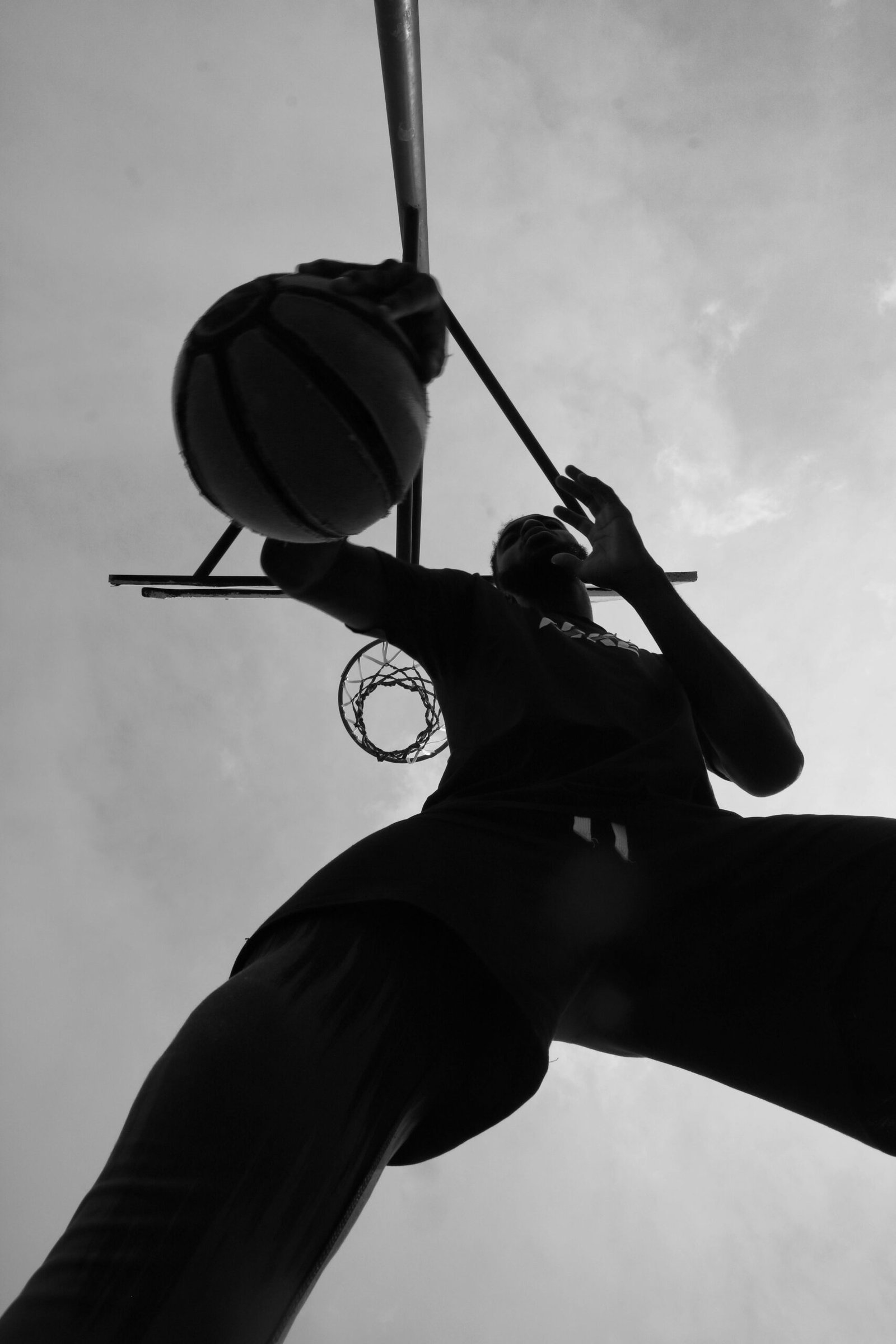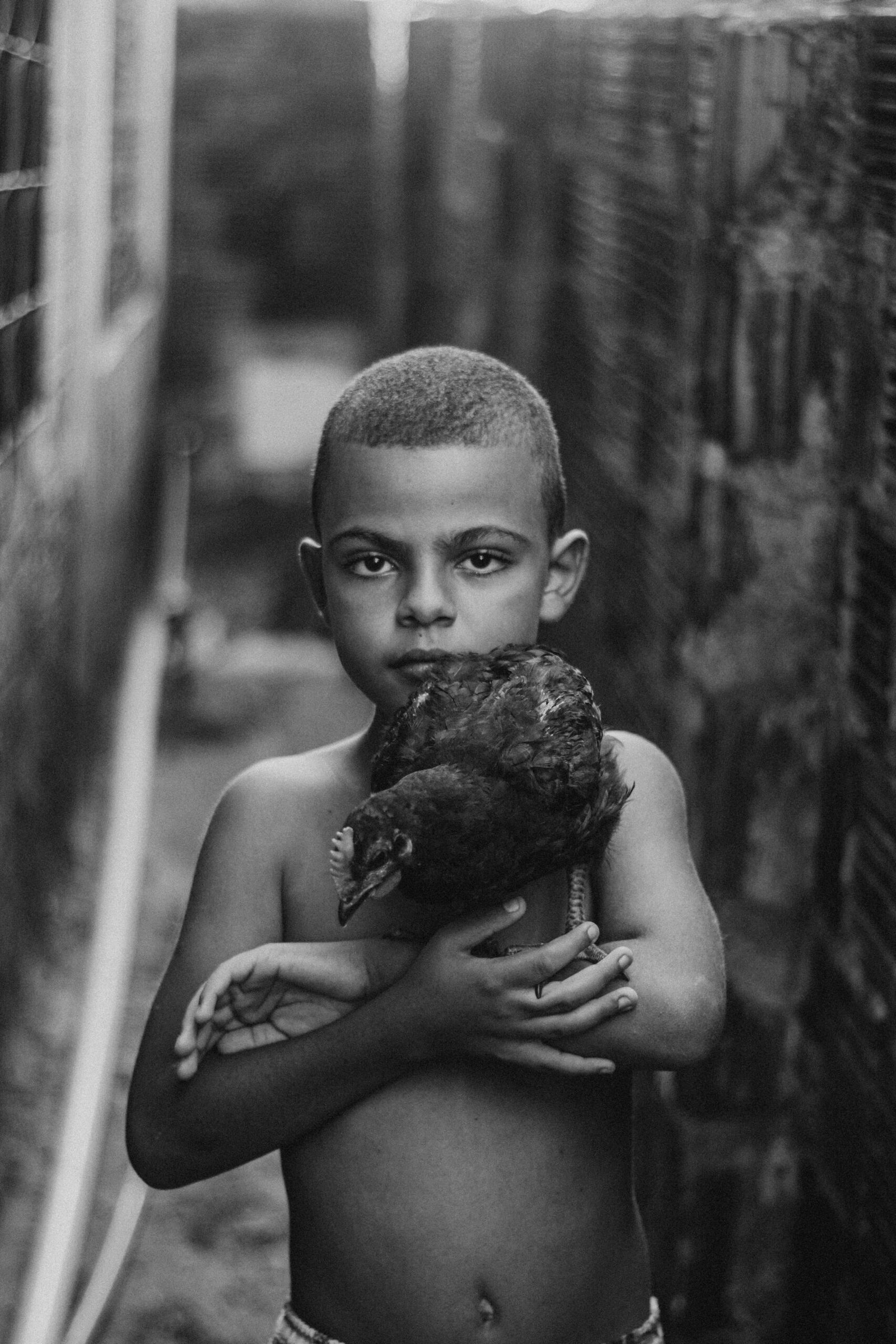Photo Credit ( Pixabay )
First-Class Nouns
The term “parliament” refers to a gathering of owls, did you know that? Alternatively that calling a gang of ravens a “conspiracy” or “unkindness” is appropriate? Wonderful quirks, especially related to animals, abound in the English language. Remember this the next time you hear someone discussing a “business of ferrets”—it’s not what you may assume. That would be amazing, though.
2) Exceptionally lethargic
Oh, the lazy one. The brother-in-law of nature. a tongue that can reach nearly 12 inches so it doesn’t have to endure the tiresome chore of lifting an arm to grasp a delectable leaf, a stomach that comprises two-thirds of its body weight, and at least ten hours of sleep per day. Simple. However, sloths occasionally fall out of trees after mistaking their own arm for a branch.
3) Resourcefulness
Certain lizards and oysters can switch genders based on which is more advantageous for mating. In their boundless intellect, crocodiles ingest pebbles to aid in their descent to the riverbank and enable them to ambush their prey from cover. Regarding how the rocks leave the crocodile, we don’t know any more details.
4) Dancing to stay alive
All you are risking is your pride if your late-night, drunken MJ impression doesn’t draw in a member of the other sex, which it will. So spare a thought for the endangered Birds of Paradise, who must dance as if their life depended on it. Males must put up a magnificent boogieing show to attract females in a competitive and harsh jungle habitat in order to mate and maintain the species. The female becomes bored with anything that isn’t showy or flamboyant enough, so she searches for a mate who has smoother movements and greater sense of style in clothing—possibly from tentree.
5) “Dogs and cats are raining”
We’re relieved that this doesn’t actually occur. Well, that would be absurd. It’s plain ridiculous to see animals falling from the sky, unless they’re frogs, beetles, worms, snakes, spiders, or occasionally jellyfish. That seems to be the norm. It is said that during a storm or hurricane, the animals are “collected” by the wind and carried on the jet stream to land on our gullible skulls. Get a stylish headgear from the Tentree accessories collection to prevent these from getting into your hair; better yet, get extra in case of insect-rain-apocalypse.
6) Warm Air
Vegetarians and vegans alike would attest that eating mostly fruits and vegetables can occasionally leave us feeling, well, breezy. In a match, however, which would be terrible, we would undoubtedly fall short against the average cow. They can release up to 400 liters of flatulent methane a day, which is a significant cause of global warming according to scientists. Do not see this as a challenge, please.
7) That aroma of July
Who doesn’t enjoy the breeze-borne scent of freshly mowed grass? What you’re smelling is actually a plant distress cry, even though taking a midsummer stroll can assist with stress and depression. Disgrace to you.
8) Characteristics of humans
Not only do we share DNA with our amazing animal counterparts, but we are also incredibly similar in customs and habits. Barn owls are typically monogamous; Emperor Penguins frequently use a stone to “propose” to a mate; Moose “vote” on which way to walk; porpoises have been known to surf for up to 100 miles after snagging a boat’s wake; you may see some here. Sorry, but we’re not sure if they do that on porpoises.
9) Milk = the arts + nature
It has been demonstrated that cows that are listening to music, especially rock and heavy metal, produce more milk. Better lactation is apparently caused by music’s relaxing influence on the brain. Similar outcomes have also been shown in studies where cows are read passages from Milton and Shakespeare. Buy your local farmer some AC/DC as a favor.
10) Scale and sheer size
A depressing realization: There are 200 million insects on Earth for every human. Two hundred. MILLION. Isn’t that not very funny? Rest assured, the majority choose to avoid human interaction. According to legend, each human has two chickens, 400,000 bugs, and a million ants. However, it raises the question of whether there is a monetary equivalent.




